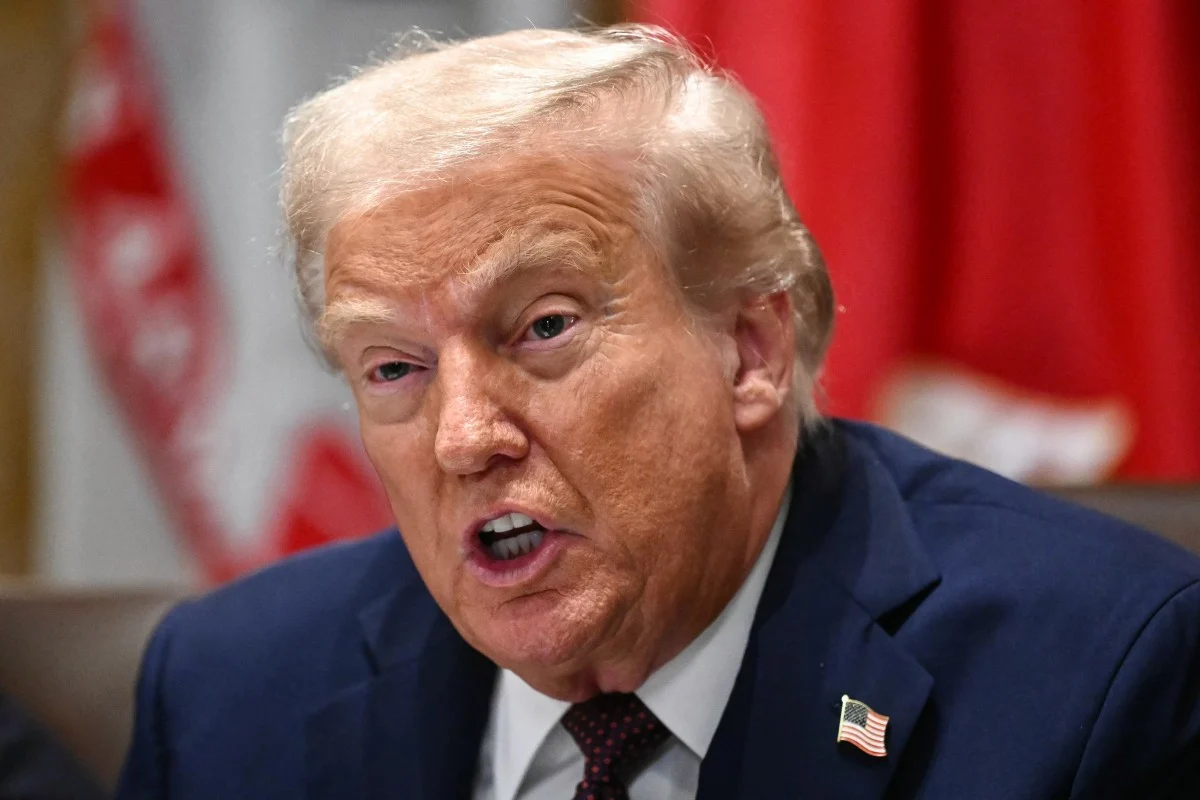Nearly twenty years after Nigeria launched reforms to liberalise its electricity market, the sector has failed to deliver significant progress, the Nigerian Society of Engineers (NSE) has said.
Speaking at the 29th edition of the NSE October Lecture Series on Friday in Abuja, former NSE president Tasiu Gidari-Wudil described the reforms as ambitious but poorly executed.
He noted that despite the Electric Power Sector Reform Act of 2005, which was meant to unlock private investment, boost capacity, and expand access to electricity, installed capacity still hovers around 13,000 megawatts, while actual generation averages less than half of that.
“If you ask whether there has been significant progress since 2005, the short answer is no,” Gidari-Wudil said. “By now, Nigeria should be generating over 30,000 megawatts. Instead, due to political interference, regulatory lapses, and weak implementation, progress has fallen far below expectations.”
He identified chronic power outages, decaying infrastructure, gas supply shortages, transmission bottlenecks, and inefficiencies across the value chain as key obstacles. Distribution companies, he said, must urgently address widespread collection and commercial losses.
“Mismanagement thrives when utilities are run by government, but even private operators have failed to instil accountability. Consumers, too, are guilty—everyone wants free electricity, but no one would leave a petrol station without paying,” he said.
The lecture, themed Evaluating Nigeria’s Power Sector Reforms: 2005–2023, reviewed the unbundling of NEPA, the creation of the Nigerian Electricity Regulatory Commission, and the privatisation of power firms. Despite investments of over $10bn since privatisation, Nigerians still face daily blackouts, grid collapses, and unreliable service, with transmission losses averaging 8–12 per cent.
Still, Gidari-Wudil pointed to some signs of progress, particularly the Electricity Act 2023, which empowers states to regulate their own markets. Eleven states have already set up regulatory agencies, and the new law also provides for an independent system operator that can use IoT technology for real-time monitoring.
“We are moving towards a US-style model where every state can have its own utilities commission, and even villages can form cooperatives for self-generation,” he said. But he warned that success depends on cost-reflective tariffs, transparent subsidies, robust monitoring, and political will.
NSE President Margaret Aina Oguntala, in her remarks, said the lecture provided a platform to shape the society’s stance on national issues and promised to escalate the recommendations to government.
“We expect government at all levels to engage Nigerian engineers for practical, homegrown solutions,” she said. “If that happens, there will be light.”
The special guest of honour, Sahara Group Managing Director Kola Adeshina—represented by Head of Generation, Godwin Emanuel—urged collective responsibility, stressing that solutions lie in Nigeria’s technical expertise and collective commitment.
Instituted to showcase the insights of past presidents, the NSE October Lecture Series underscored that power sector reforms demand long-term commitment that goes beyond political cycles.




